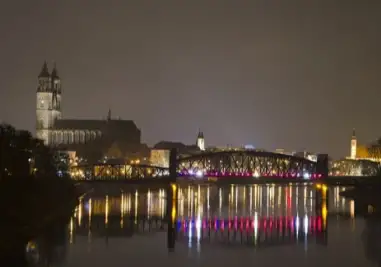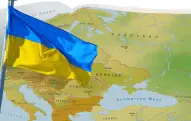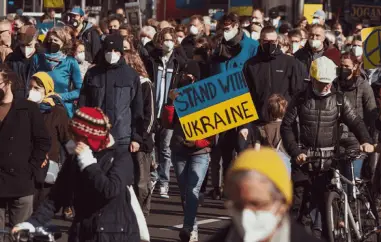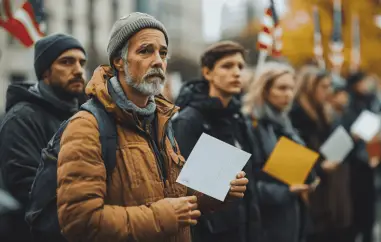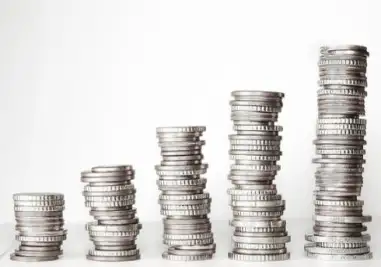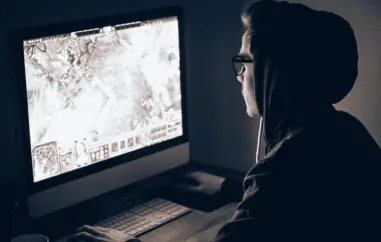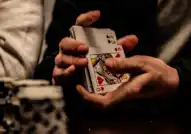Power of Art: Exploring its Impact on Society and Culture
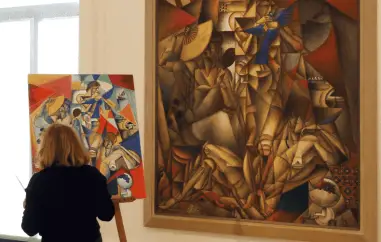 Art has long held a significant place in human civilization, serving as a mirror to society, a catalyst for cultural exchange, and a means of self-expression. From ancient cave paintings to contemporary installations, art has the power to evoke emotions, provoke thought, and inspire change. We delve into the multifaceted world of art, examining its profound impact on society, culture, and the human experience.
Art has long held a significant place in human civilization, serving as a mirror to society, a catalyst for cultural exchange, and a means of self-expression. From ancient cave paintings to contemporary installations, art has the power to evoke emotions, provoke thought, and inspire change. We delve into the multifaceted world of art, examining its profound impact on society, culture, and the human experience.
The Evolution of Art
Throughout history, art has evolved alongside human civilization, reflecting the values, beliefs, and aspirations of different cultures and epochs. From the monumental sculptures of ancient civilizations to the masterpieces of the Renaissance, art has served as a visual record of human history, capturing the essence of past societies and preserving their legacy for future generations.
Art as Cultural Expression
Art transcends linguistic and cultural barriers, serving as a universal language that speaks to the shared human experience. Whether it's the vibrant colors of a traditional African mask, the intricate patterns of Islamic tile work, or the bold brushstrokes of a contemporary painting, art reflects the diversity of human culture and celebrates the richness of our collective heritage.
The Power of Visual Storytelling
Art has the power to tell stories, convey emotions, and provoke thought in ways that words alone cannot. From epic historical narratives to intimate personal reflections, artists use their creativity and imagination to explore complex themes and engage viewers on a profound emotional level. Whether it's through painting, sculpture, photography, or multimedia installations, art invites us to see the world through a different lens and encourages us to question, reflect, and empathize.
Art as Social Commentary
Throughout history, artists have used their work as a means of social commentary, shining a light on pressing issues, challenging prevailing norms, and advocating for change. From the political satire of 18th-century caricaturists to the protest art of the 20th century civil rights movement, art has served as a powerful tool for activism and social justice. Today, contemporary artists continue to address pressing social issues such as climate change, inequality, and human rights through their work, sparking important conversations and inspiring action.
Art and Well-being
Beyond its societal and cultural significance, art also plays a crucial role in individual well-being and mental health. Studies have shown that engaging with art, whether through creating, viewing, or participating in artistic activities, can reduce stress, enhance cognitive function, and improve overall quality of life. Art therapy, in particular, has emerged as a valuable therapeutic tool, offering a creative outlet for self-expression and emotional healing for individuals of all ages and backgrounds.
Fostering Creativity and Innovation
Art stimulates creativity and fosters innovation by encouraging individuals to think outside the box, explore new ideas, and challenge conventional wisdom. Whether it's through experimenting with different techniques, pushing the boundaries of traditional mediums, or collaborating with other artists, art cultivates a spirit of curiosity, experimentation, and innovation that extends far beyond the confines of the studio.
Art is a powerful force that shapes our world, stimulates our imagination, and enriches our lives in countless ways. From its role as a cultural expression and social commentary to its therapeutic benefits and capacity to inspire creativity and innovation, art permeates every aspect of human existence. As we continue to navigate the complexities of the modern world, let us not forget the profound impact that art has on our society, our culture, and our collective humanity.
Image by Hermann Traub from Pixabay

